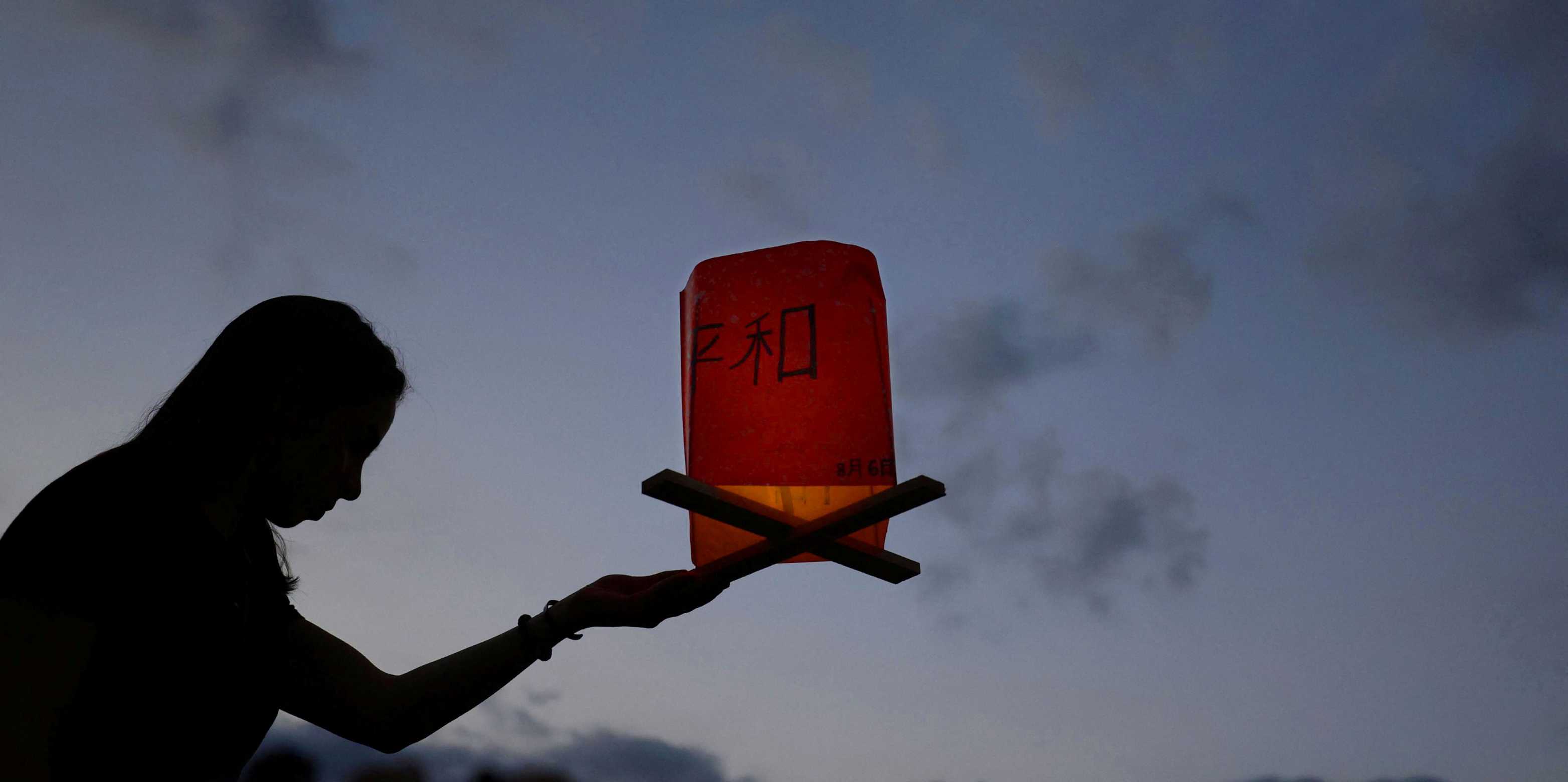Japan’s Approach to Peace Promotion
Japan’s approach to peace promotion bears distinct characteristics, ensuring long-term development to give war-torn societies tangible peace dividends. The work adapts to local contexts, with financial commitment to co-creating social values through dialogue. Combining humanitarian and mediation work in the same spirit can further enhance peace.

Conflicts are growing ever more complex, with increased internationalization, splintering of conflict parties, new technologies, and multilateral institutions such as the UN in crisis. While worldwide military expenditure is increasing every year, climbing to external page 2,443 billion USD in 2023, de-escalation through peaceful means is often subsumed to hard security priorities. With new threats, it is timely to also consider varied responses to overcoming conflicts – not only military action, and to reexamine or update the current tools of peace promotion. Turning to less prominent actors in the field of peace promotion such as Japan, can bring innovative ideas and energy to the well-worn discussions over promoting peace.
A growing number of actors now question an assumed set of universal liberal values, such as human rights, democracy, and the rule of law, enshrined in the setup of multilateral institutions such as the UN. These concepts, increasingly associated with centers of Western influence in peace policy, are tarnished by the perception that Western states are not following through on the norms they purport to follow. The label of “Western” has thus become a reason for distrust among some conflict parties in third party credibility, for example following the Israel-Hamas war. Türkiye and China have both used this argument to advocate for their own state mediation profiles, setting themselves up as alternative options. States with long histories of peace-driven foreign policies, such as Switzerland and Norway, are interested to learn more and engage with peace actors such as these but tend to overlook the example of Japan. While Tokyo has recently been moving closer to NATO and has traditionally been a strong defender of the liberal international order, it is a non-Western nation which projects multilateral structures and norms in a unique way.
The author:
Katrina Abatis is a Senior Program Officer in the Mediation Support Team. She works within the Mediation Support Project (MSP), which is a joint project between the CSS and swisspeace, supported by the Federal Department of Foreign Affairs (FDFA).